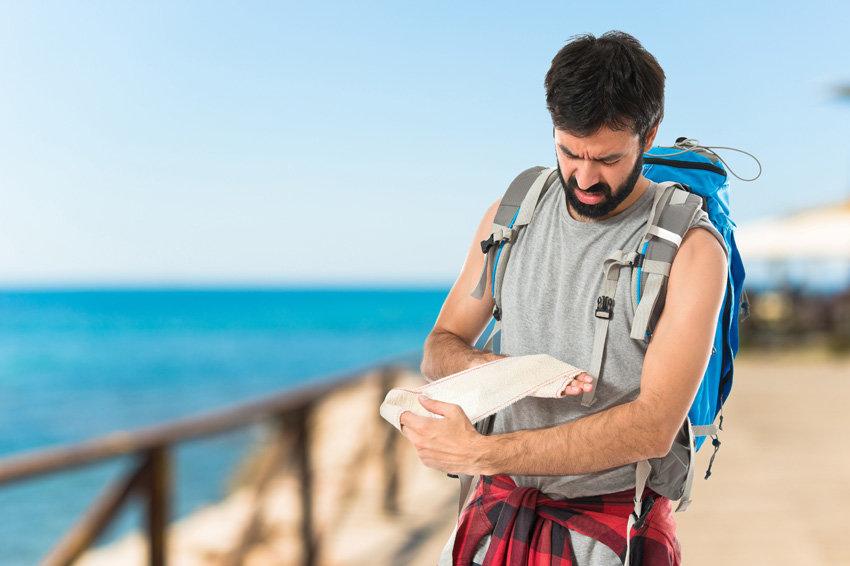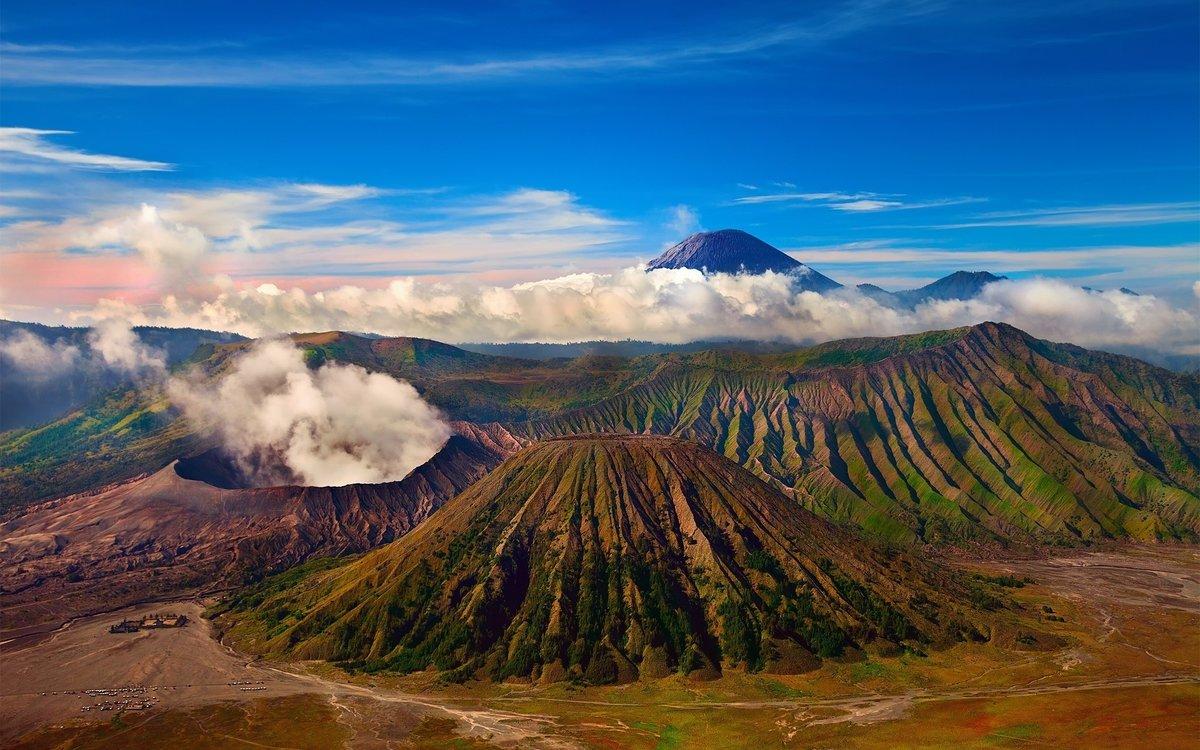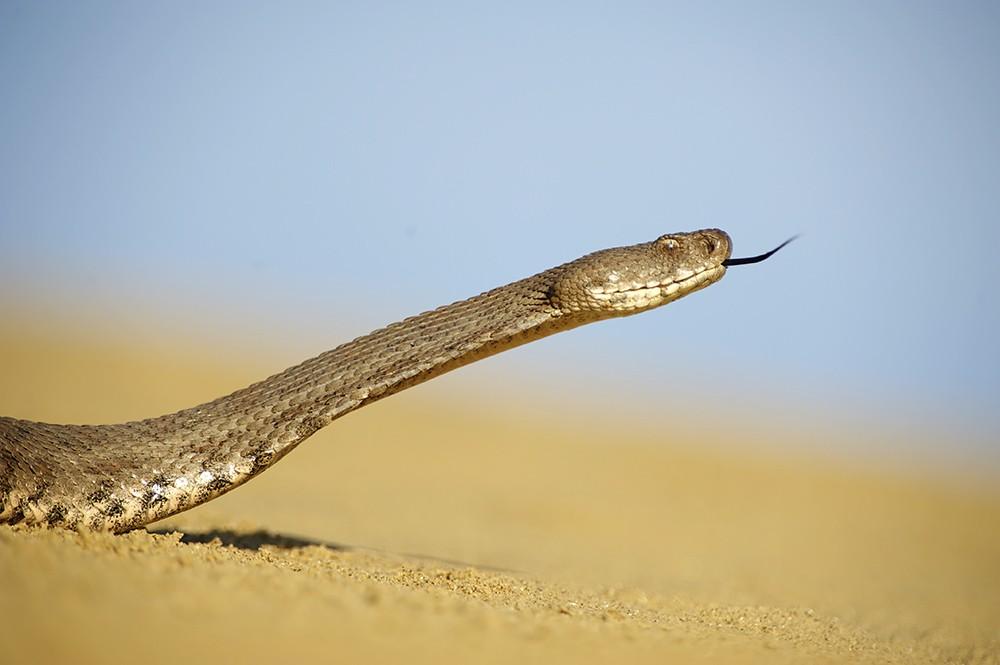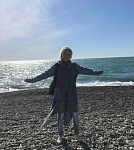Is Cyprus a safe place to visit? Is Cyprus safe? According to the 2019 world ranking, Cyprus is in 32nd place with a safety factor of 8.88. To understand how safe or dangerous this figure is, you can look at the most dangerous place (Philippines, 17.7) and the safest country (Iceland, 6.16). It turns out that Cyprus is still quite safe, even though back in 2015 the island was ranked 5th in the safety rating. Cyprus is a safe country to visit.
What indicators make up the concept of "security"?
For the world ranking, three calculation criteria were used:
- Natural disasters
- Martial law
- Personal safety.
Obviously, the last point is the most relevant. This includes personal inviolability, property inviolability, the level of crime, the environment, and health care.
To objectively assess safety in Cyprus, it is important to consider the situation in detail. Let's take a closer look at each aspect to identify the most "dangerous" things on the island.

Dangers for tourists in Cyprus
Is Cyprus a safe country to visit as a tourist?
Tourists do not need to delve into all the intricacies of Cypriot legislation, mentality, and other details. It is enough to know that the main danger for a vacationer is various injuries, which occur in almost 90% of cases through the fault of the vacationer. Alcohol, a thirst for extreme sports, and the unwillingness or inability to read warning signs are common causes.
What to avoid when vacationing in Cyprus:
- Injuries during outdoor activities, especially in water parks
- Traffic accidents, mostly due to the unusual left-hand traffic
- Poisoning or overeating
- Alcohol and conflicts
- Sunstroke, burns, and heatstroke
- Insect, snake, or jellyfish bites (99.9% of cases are not fatal, but unpleasant)
- Unsafe swimming (in a storm, in dangerous places, etc.)
Women may be harassed, usually not by native Cypriots but by tourists and migrants. Even if your travel seems relaxed, it’s always best to get insurance before the trip. The cost of treatment in Cyprus is high, and you’ll need to go to private doctors, paying for each procedure.

Risk of natural disasters in Cyprus
Is Cyprus a safe place to visit in terms of natural disasters?
Natural disasters on the island are rare. The most frequent occurrences are prolonged rain showers in winter and mild earthquakes.
The consequences of heavy rains are unpleasant but rarely fatal: power lines are cut off, small rivers overflow, and streets flood. But it’s more of an inconvenience than a true danger, which happens anywhere in the world.
Earthquakes in Cyprus are common since it is located in an earthquake-prone area. Most of the time, only devices detect them. People often don't even realize there was an earthquake.
The most serious incident in recent memory was in 1996, with a magnitude of 6.5. Houses in many cities were damaged, and two people died. But such events are very rare, and earthquakes on the island usually pass unnoticed.

Martial law in Cyprus
This is the most controversial point that causes Cyprus to lose some ranking positions. The island is divided into two areas, and the Turkish Republic of Northern Cyprus (TRNC) is only recognized by Turkey.
However, there are no armed conflicts, and the buffer zone (aka the Greenline) is guarded by UN peacekeepers. Cypriots, both in the north and the south have no desire for war; they want peace.
Cyprus’s proximity to Syria, where military operations occur, is sometimes mentioned as a reason to worry. However, Cyprus is separated by sea, and the island does not politically engage in the Syrian conflict.
Another concern is the British military bases, which occupy 3% of the island. But this is not a day-to-day issue unless a global conflict breaks out, which would affect the entire world.
In conclusion, Cyprus remains a safe and peaceful destination, despite appearances of militarization. Cyprus is safe.

Criminal situation in Cyprus
Is it safe to contact local people?
Cyprus has a very low risk of crimes in the world. The daily crime report is short and mainly includes:
- Small store robberies
- Fights (usually among tourists or migrants)
- Car accidents
- Internet fraud
- Drug sales (mostly cannabis)
- Sexual harassment and domestic violence
Murders are almost unheard of in Cyprus, and when they do occur, they are usually isolated incidents driven by jealousy or revenge. The country’s only serial killer appeared in 2019, and he’s now behind bars.
Terrorism is also not an issue, although car bombings are occasionally reported. These are often tied to personal disputes. Fortunately, these incidents rarely result in serious injuries.

Car accidents in Cyprus
Car accidents are frequently reported in Cyprus, though they are rarely fatal. Common causes include:
- Drunk driving
- Speeding
- Distracted driving (using a phone while driving)
Newcomers may struggle with left-hand driving initially, but after 3-4 days of careful driving, they generally adapt.
Property security
Theft of personal items, such as a wallet or laptop, can happen, though it’s not common in Cyprus. More serious crimes like home burglaries are rare. With basic precautions, you can easily stay secure.

Health and environment in Cyprus
Cyprus is ranked 21st globally for healthcare, which is quite popular.
The island benefits from its Mediterranean climate, excellent air quality, and a relaxed lifestyle. The mild winters, abundance of sunlight, and the sea breeze create excellent immunity for residents. Viruses are rare, and common ailments like colds often bypass the population.
Cyprus has little industrial pollution, with only a cement plant, and the sea remains clean. However, local littering habits and traffic congestion can be annoying.
Ecology in Cyprus is a controversial issue. There are no large industrial plants here, except for the cement one, so there is no production waste either. There are also few large ports (Limassol and Larnaca), so the sea is kept naturally clean. So is the air.
But the human factor cannot be disregarded as local people love to litter everywhere. They drive their own cars, not public transport, creating traffic jams. Perhaps this is the only thing that overshadows the generally magnificent ecology of Cyprus.
There are legends about the way of life, or, as it is called here, "siga-siga". Someone says that life in Cyprus is rural and slow, while others find exciting activities and do not sit still. But what we want to emphasize for sure is that the Cypriots are not nervous. And they are not in a hurry. Find time for family, friends, their own hobbies. And this has a positive effect on their health and life span, thus there are many long-livers on the island, and a person of 85 years old is not considered very old.
It is impossible not to mention medicine in Cyprus. There are both good doctors and careless ones. It is better to look for specialists asking friends or reading reviews so that there is no unpleasant surprise for you.

Poisonous inhabitants of Cyprus
Poisonous animals, including insects and sea creatures, are found in Cyprus but pose little threat.
The best-known are:
- Levant viper (its bite can be fatal but is extremely rare)
- Black widow spider (its bite is painful and dangerous)
- Lionfish (can cause severe poisoning, but fatalities are extremely rare)
While other creatures like scorpions, jellyfish, and stinging fish also exist, they are not life-threatening. The odds of encountering a dangerous creature are incredibly low. From some poisonous reptile in Cyprus, 1 person dies once a decade. Mostly because of their carelessness. So Cyprus is safe as the chance of getting a bite from someone poisonous is extremely small.

In summary, Cyprus is a safe country with a few minor risks. Whether you're here for your travel plans or a longer stay, you can rest assured that it’s one of the safest places in the world

